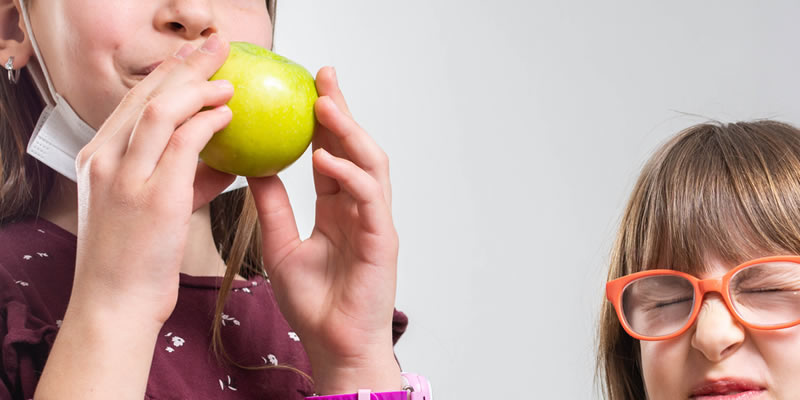New research has suggested that impulsive children who eat their food quickly are more likely to become obese compared to those who eat slower.
The American-based study has also found a link between extroverted children craving food after seeing or smelling it and being unable to self-soothe.
Researchers from the University at Buffalo have identified that consuming food too quickly and craving food when seeing it can trigger obesity in children.
Co-author, Dr Professor Robert Berkowitz said: “Temperament is linked to many child developmental and behavioural outcomes, yet despite emerging evidence, few studies have examined its relationship with paediatric obesity.”
The team of academics ran an intervention scheme for 28 children who are, or nearly are obese between the ages of four and eight to help slow down their eating.
During the intervention, reacting to feeling full, reacting to external food cues and eating too fast were the three common eating behaviours that were identified.
In addition, all of these children showed signs of being extroverted and impulsive, with many finding it hard to self-soothe.
Lead investigator, Dr Alyssa Button said: “More research is needed to understand the role parents play in their children’s temperament and eating behaviour.
“Parents may use food to soothe temperamental children and ease negative emotions.”
She added: “Future research should examine the different ways parents feed their children in response to their temperament, as well as explore whether the relationship between temperament and eating behaviours is a two-way street. Could the habit of eating slower, over time, lead to lower impulsiveness?
“This study established relationships between temperament and eating patterns in children; however, there is still the question of chicken-and-egg and which comes first.
She concluded: “Research that follows families over time is needed to untangle these developmental pathways.”
The study is now published in the medical journal Pediatric Obesity.




